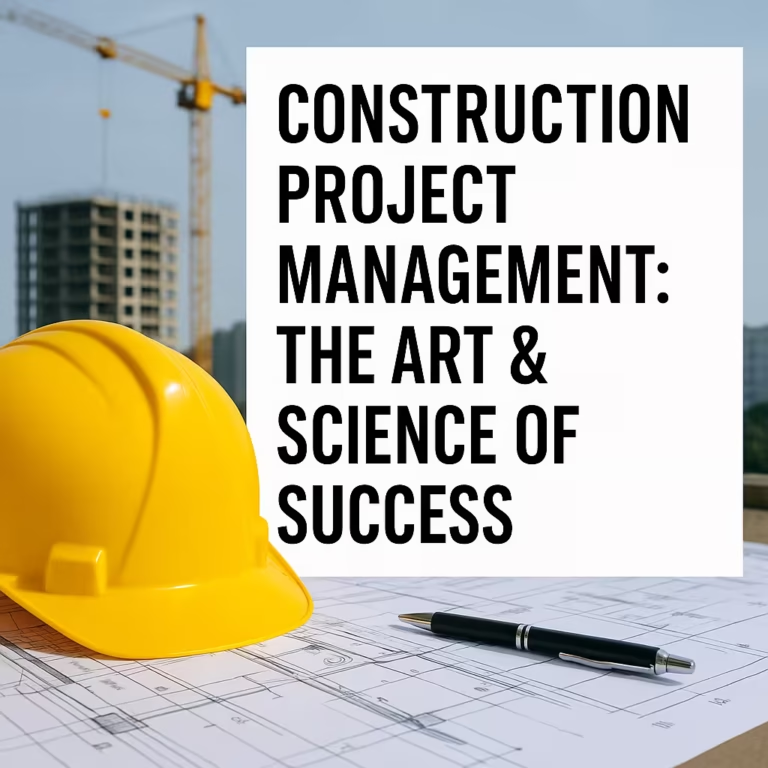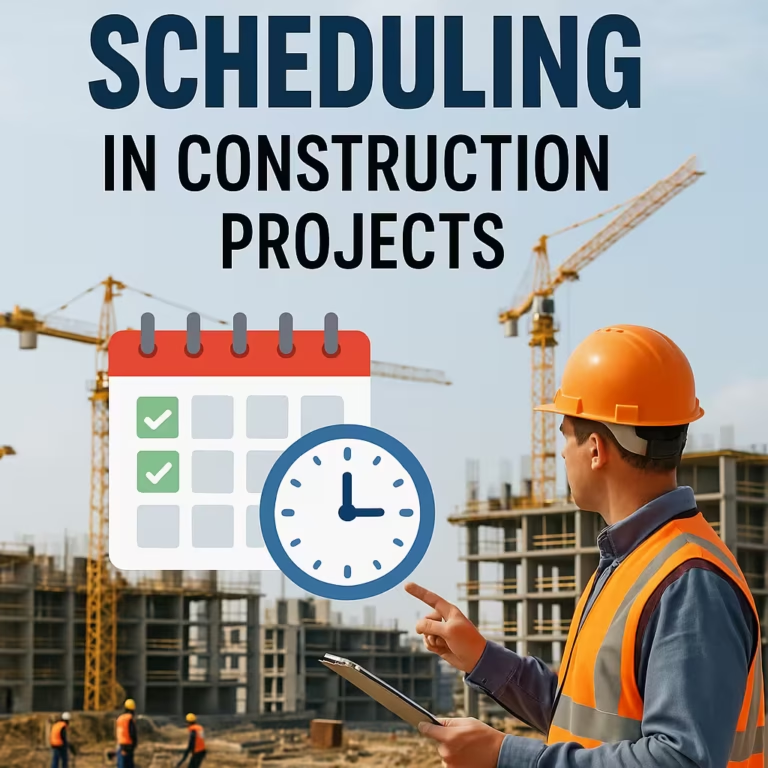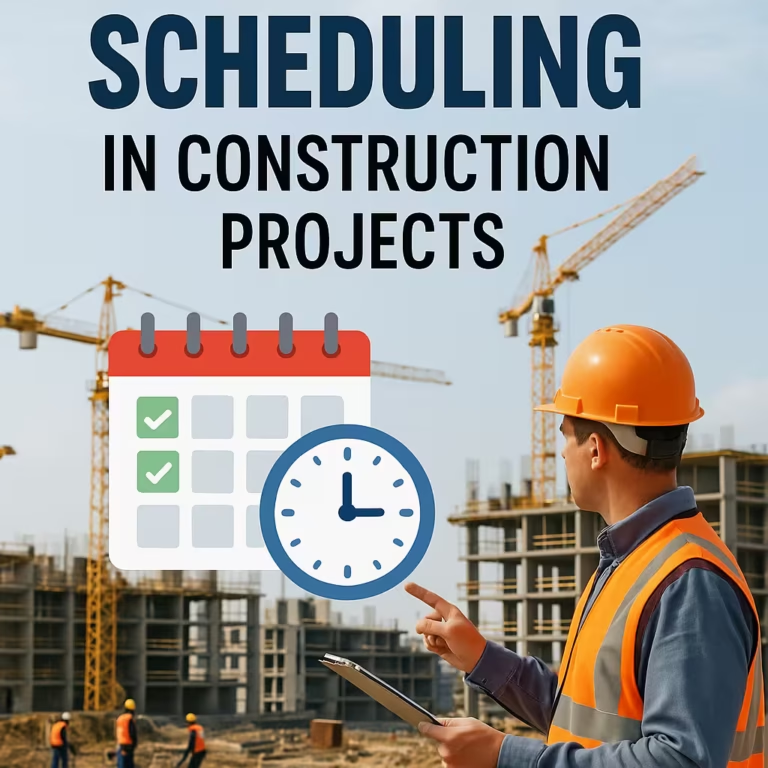How to Learn Construction: Tips and Key Skills for Success
If you’re trying to figure out how to learn construction, this blog is for you. Whether you’re a student in construction management, someone who just landed their first field job, or you’re transitioning from another career — you might be feeling overwhelmed. Confused by drawings, surrounded by experienced crews, hearing acronyms you don’t understand… it’s normal to feel lost.
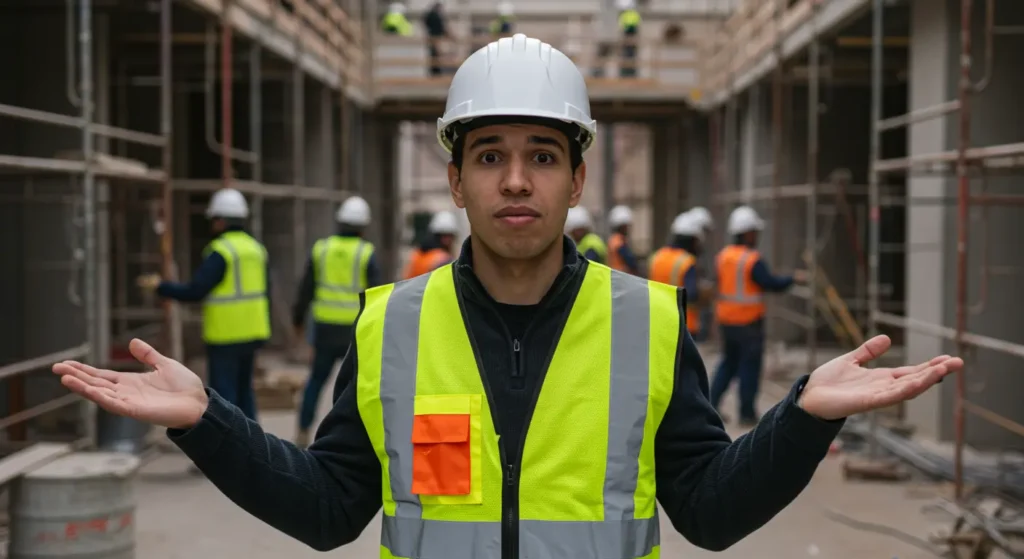
So let’s cut through the noise. Here’s what actually matters — the skills, mindset, and actions that will help you succeed in the construction industry.
Start By Learning a Trade (If You Can)
If you get the chance to learn a trade — take it. Whether it’s concrete work, carpentry, electrical, or plumbing — hands-on experience gives you something priceless: confidence.
Why is this important?
Because when you know how the work is done, you:
You don’t have to become a full-time tradesperson. But having something to fall back on is powerful. It makes you resilient, employable, and dangerous (in a good way).
You Don’t Need a Degree to Learn Construction
There’s a myth in the industry that you must have a university degree to succeed. That’s not true.

Yes, construction management degrees help. But many of the most successful builders, superintendents, and even company owners never went to college. They learned through:
Degrees can open doors. But skill, attitude, and discipline are what keep those doors open.
Learn to Read Drawings — It’s Non-Negotiable
If you want to grow in construction, you must know how to read drawings (plans, blueprints, etc). This is one of the most underrated but essential skills.
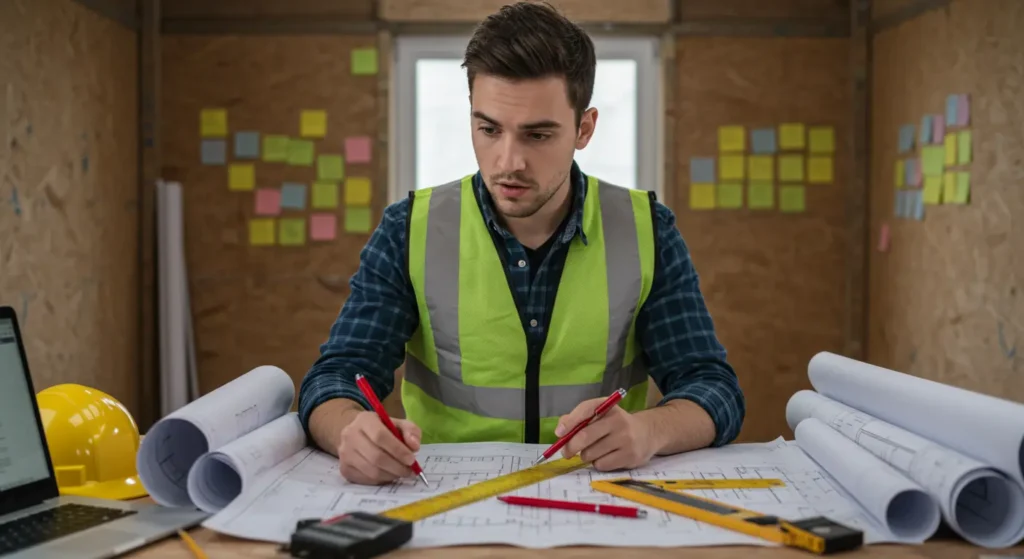
How to start:
Even seasoned superintendents sometimes fake their way through plans — don’t be that person. Drawings are your roadmap. Learn them early.
Ask Questions — It’s Your Superpower
The fastest way to learn isn’t through books or YouTube — it’s through asking questions on the job.
No one expects you to know everything. What matters is that you’re:
- Curious
- Willing to admit what you don’t know
- Eager to get better
Ask ten times more questions than you think you should. There are no dumb questions in construction — only expensive mistakes when questions weren’t asked.
Master One Skill at a Time
Too many people try to learn everything at once. That’s a mistake.
Instead, master one thing at a time.
Learn how to:
Don’t “kind of” know the software. Don’t just “dabble” in drawings. Go deep. Train properly. Practice. Ask for feedback.
👉 Small skills mastered deeply = big wins long-term.
Focus on Long-Term Growth, Not Fast Promotions

This isn’t a race. Construction is about sustainability — not just climbing the ladder fast.
You want to build a career that lasts. That means:
Discipline always beats talent. The people who rise in construction are those who stay consistent, ask for hard jobs, and learn from every experience.
Volunteer for New Assignments
This is where the growth happens.
Don’t hide from tough work — raise your hand. The more you do, the more you learn:
These experiences shape you. People notice. That’s how you go from “new guy” to “go-to guy.”
Frequently Asked Questions
Final Thoughts:
Construction is not about looking smart — it’s about becoming skilled. Real builders don’t pretend. They ask, study, try, fail, and try again. They lead by doing, and they build careers the same way they build buildings — step by step, with intention and effort.
You got this. And the fact that you’re even reading this shows that you’re on the right track.

